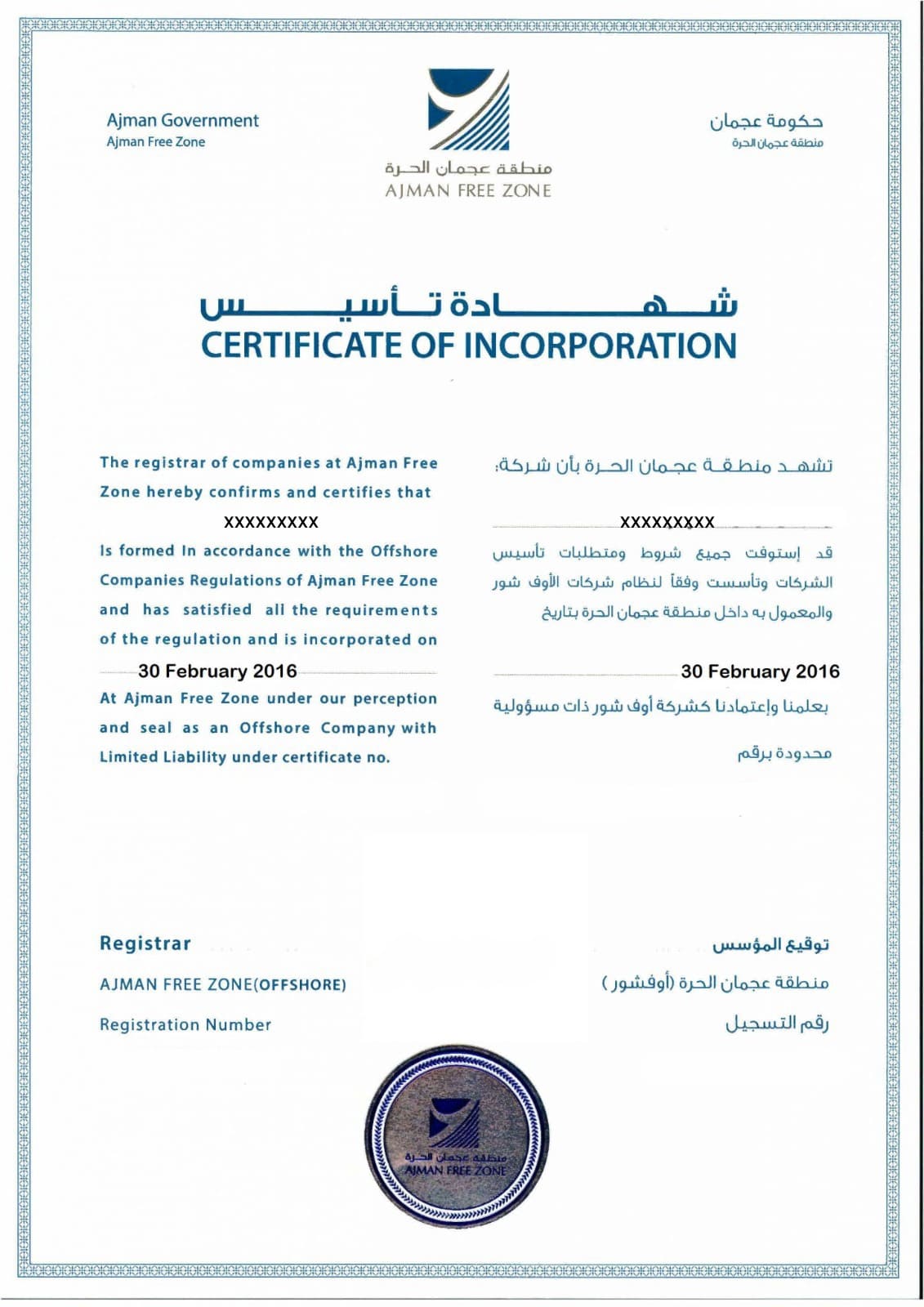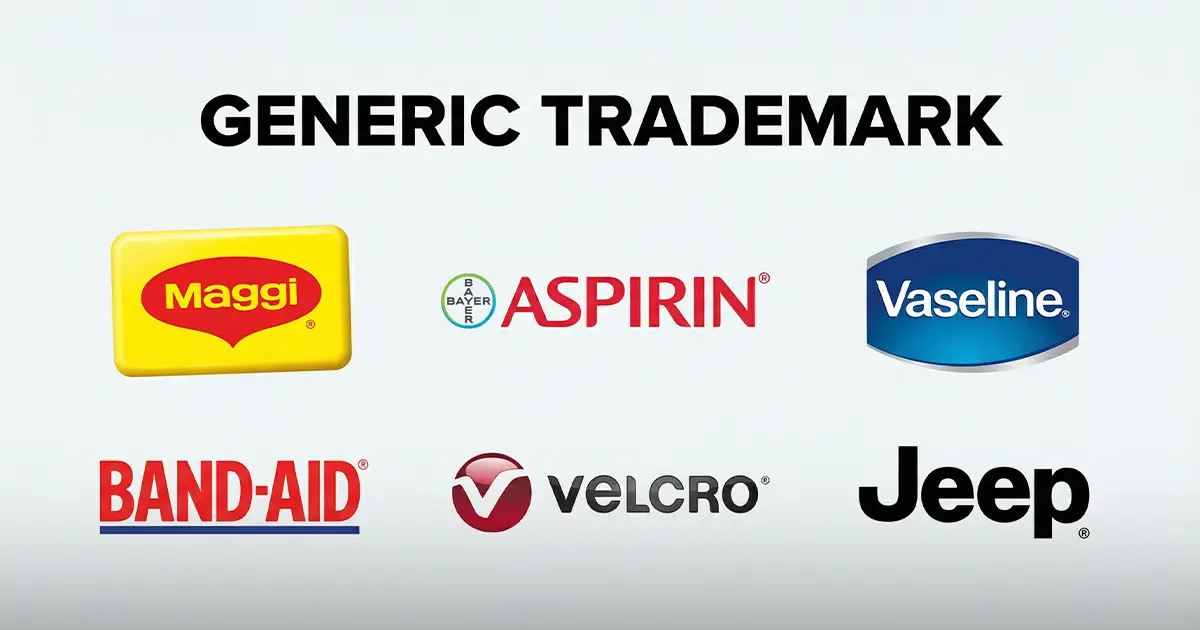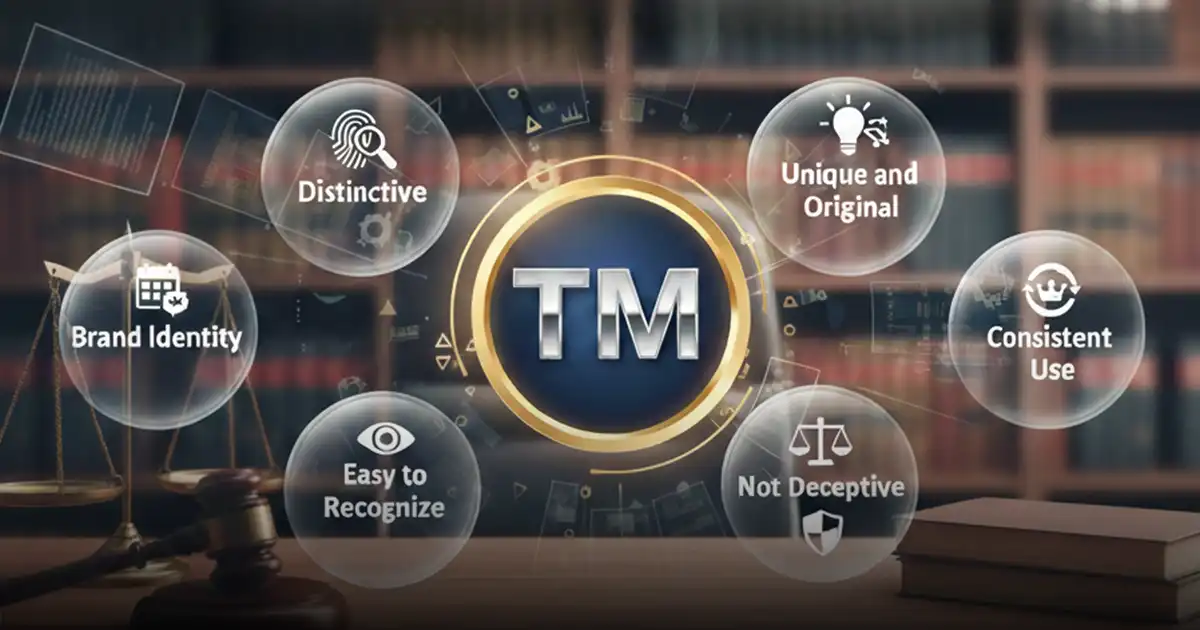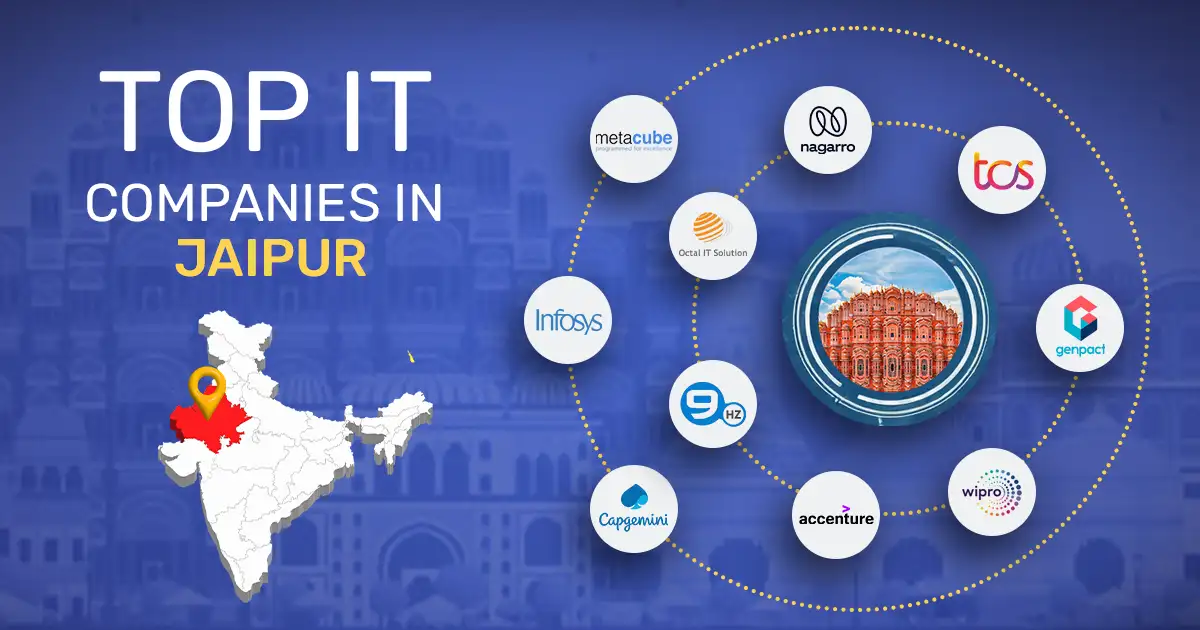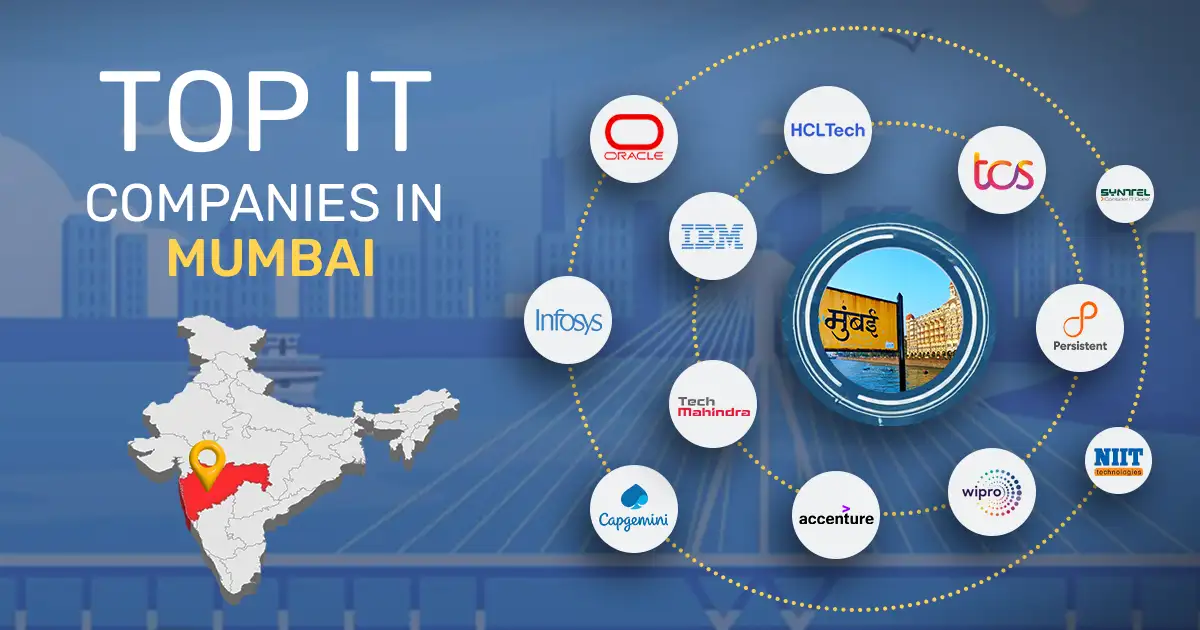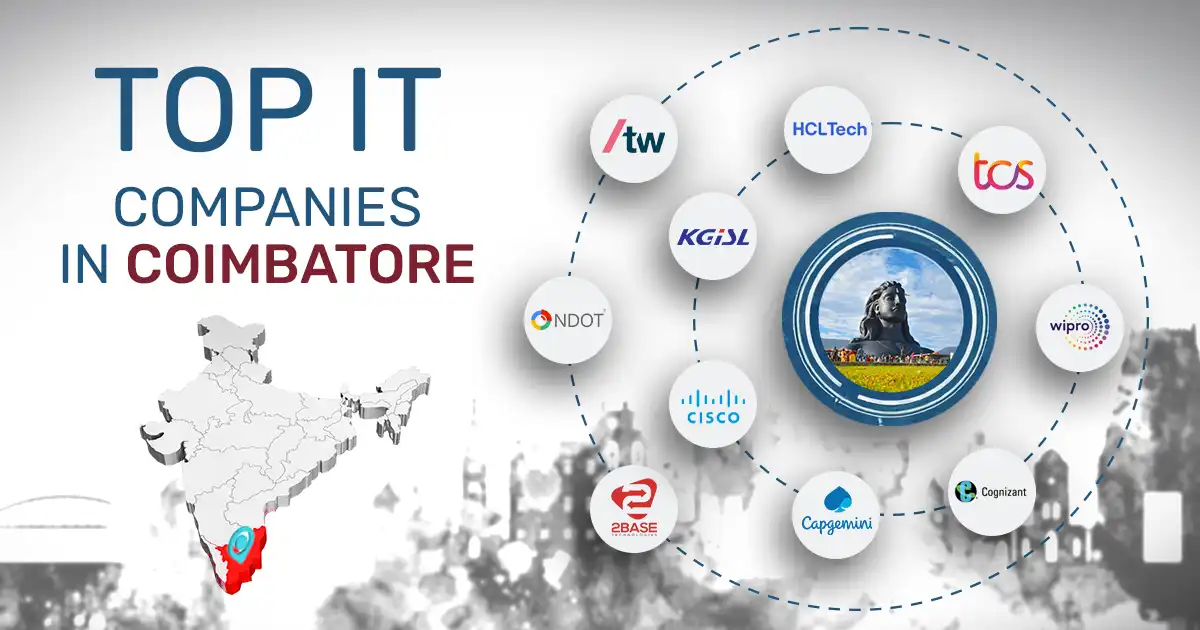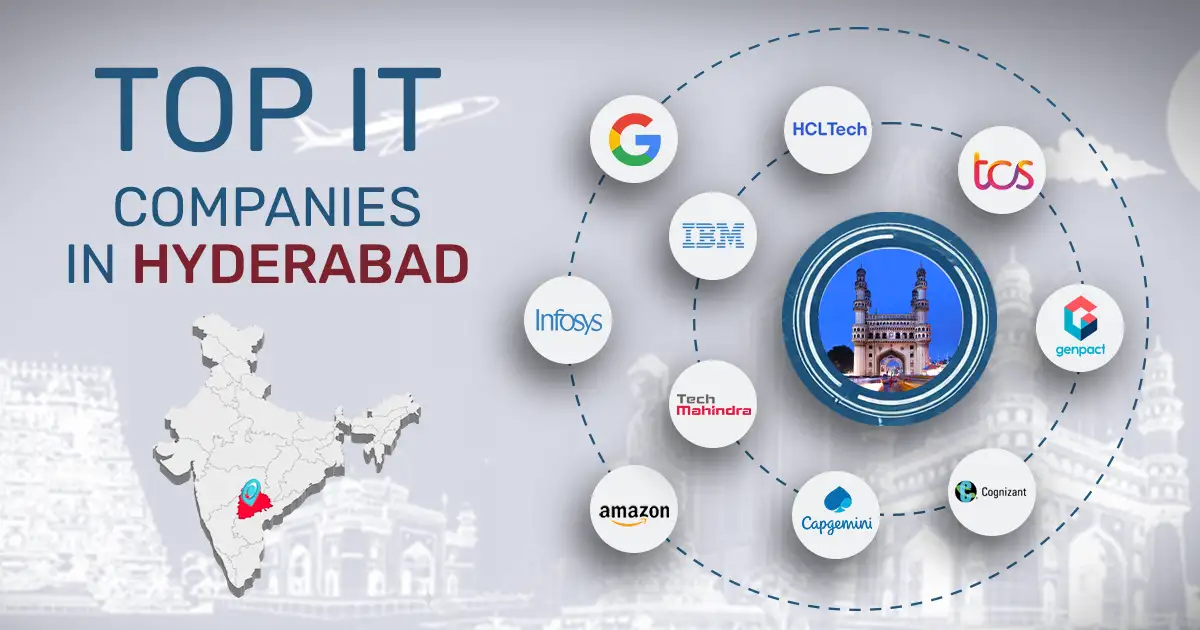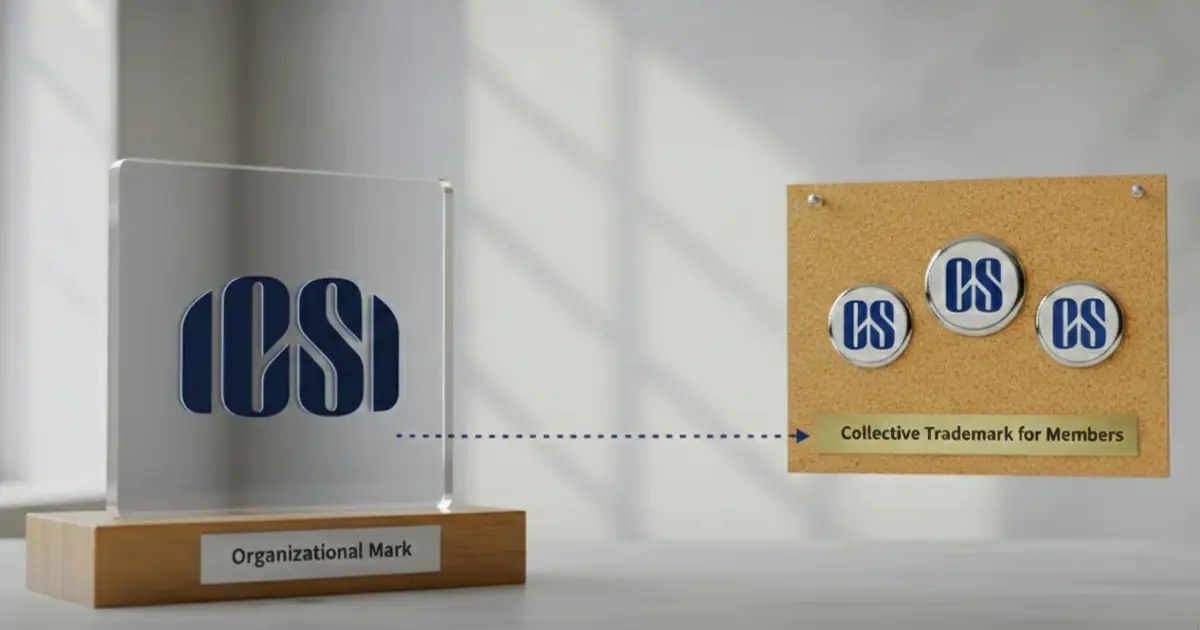Dubai offers Indian entrepreneurs a strategic gateway to global markets, supported by key advantages such as tax benefits, business-friendly regulations, and a robust economy. Registering with the Dubai commercial register ensures legal recognition and access to these growth opportunities.
1. A Gateway to Global Markets: Strategic Location and Connectivity
Dubai's geographical position is a game-changer for businesses aiming for global reach. Situated at the crossroads of major trade routes, it provides excellent connectivity through its world-class airports (like Dubai International Airport and Al Maktoum International Airport) and seaports (such as Jebel Ali Port).
This strategic location significantly reduces shipping times and costs for goods, making international trade incredibly efficient. For Indian entrepreneurs, this means easier access to vast consumer bases across the Middle East, Africa, and beyond. This strong logistical network makes company registration in Dubai a strategic move for any internationally focused venture.
2. The Tax Advantage: Understanding 0% Income Tax and New Corporate Tax Laws
One of Dubai's most compelling attractions for entrepreneurs is its favorable tax environment. The UAE has historically been known for its 0% personal income tax, meaning individuals keep all their earnings. This is a massive draw for business owners and employees alike.
Recently, the UAE introduced a Corporate Tax Law, effective for financial years starting on or after June 1, 2023. However, this is structured to remain competitive:
- A 0% corporate tax rate applies to taxable income up to AED 375,000 (approximately Rs. 85 lakhs). This benefits small and medium-sized enterprises (SMEs) significantly.
- A 9% corporate tax rate applies to taxable income exceeding AED 375,000.
- Many Free Zone companies, under specific conditions (maintaining adequate substance and deriving 'Qualifying Income'), can still enjoy a 0% corporate tax rate.
This tiered system ensures that the UAE remains highly attractive, especially for startups and growing businesses, by minimizing the tax burden on profits. When you consider the company registration fees in Dubai, the long-term tax benefits often outweigh the initial investment.
3. 100% Foreign Ownership: Full Control Over Your Mainland and Free Zone Company
A significant legislative reform in the UAE has revolutionized company registration in Dubai. Previously, mainland companies required a local Emirati sponsor holding 51% ownership. However, amendments to the UAE Commercial Companies Law now allow 100% foreign ownership in most sectors across the UAE mainland.
This means Indian entrepreneurs can set up their businesses with complete control, without needing a local partner for equity. Free Zones have always offered 100% foreign ownership, making them highly appealing. This change further empowers international investors, giving them full autonomy over their ventures in Dubai.
4. World-Class Infrastructure and a Thriving Indian Expat Community
Dubai boasts some of the most advanced infrastructure globally. This includes modern business parks, advanced communication networks, efficient transportation systems, and high-tech facilities across various sectors. This robust infrastructure supports seamless business operations and fosters innovation.
Furthermore, Dubai is home to a very large and thriving Indian expat community, which provides a familiar cultural environment, a strong talent pool, and a robust network for Indian entrepreneurs looking to start a business. This community support can be invaluable when navigating a new market after your company registration in Dubai.
5. Ease of Doing Business and Strong India-UAE Bilateral Ties
Dubai consistently receives high rankings in global "Ease of Doing Business" reports, thanks to its streamlined processes, transparent regulations, and pro-business government policies. The government is committed to reducing bureaucracy and accelerating business setup. Adding to this appeal are the exceptionally strong bilateral ties between India and the UAE.
Both nations share significant trade, investment, and cultural connections, formalized by agreements like the Comprehensive Economic Partnership Agreement (CEPA). These strong relations foster a trusting environment, making it easier for Indian entrepreneurs to understand and navigate the company registration in the Dubai landscape.

